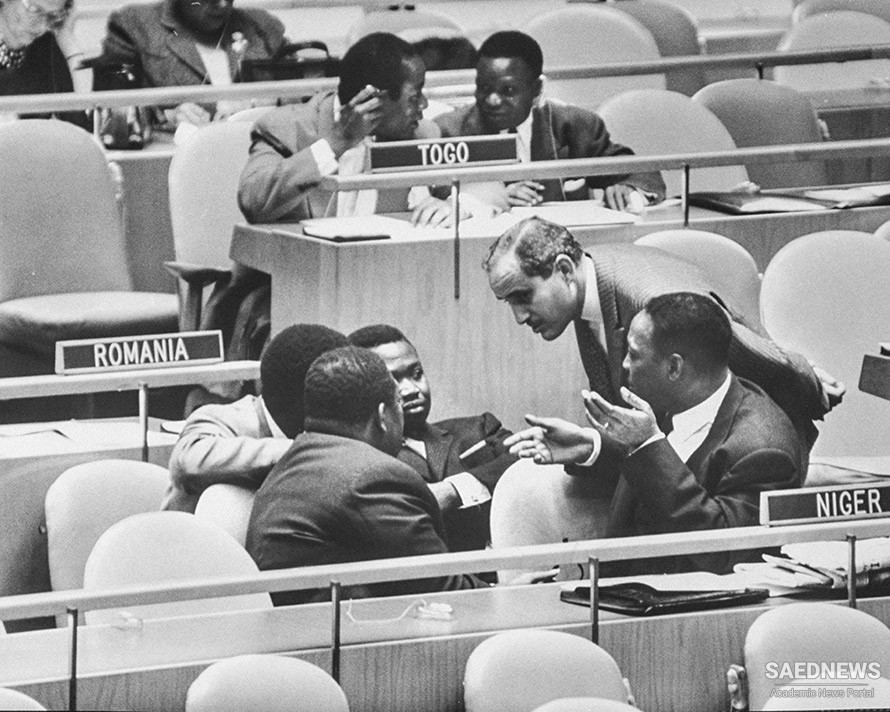There was one other attempt to strengthen the powers of the Assembly. This took the form of demands that the Security Council should report to it on every measure it took in the field of peace and security, and that the Assembly would then submit recommendations 'with a view to ensuring complete observance of the duties of the Security Council'. This would have made the Council almost the servant of the Assembly, and the idea was resisted strongly by the Soviet Union, and to a lesser extent by the rest of the Five. Somewhat reluctantly, the smaller powers again had to give way. A much more innocuous text was finally approved: 'the General Assembly shall receive and consider annual and special reports from the Security Council; these reports should include a report of measures the Security Council had decided upon or taken to maintain international peace and security'. This made clear that there was no question of the Security Council taking orders from the Assembly, and in practice the Security Council's reports have been barely debated or discussed by the Assembly. There were a few areas where the Assembly's powers were reaffirmed or even enlarged. Even under the Dumbarton Oaks proposals the Assembly was to have the sole right to discuss economic and social questions, and would supervise a special economic and social council (ECOSOC) which would meet between sessions of the Assembly. The smaller states welcomed the role envisaged for the Assembly in this field, which many regarded as one of the most important areas of the new organisation's responsibilities. To draw added attention to that importance, they demanded, and obtained, the recognition of ECOSOC as one of the 'princi pal organs' of the organisation, so specified under Article 7 of the Charter. Secondly, they tried, but failed, to get the membership of ECOSOC increased, and to lay down arrangements for election which would ensure increased representation for small and developing countries. Thirdly, the Five themselves added 'promoting and encouraging respect for human rights' and cultural co-operation to the purposes of the organisation and placed these two among the responsibilites of ECOSOC.


 UN General Assembly and Its Craziest Moments
UN General Assembly and Its Craziest Moments














































